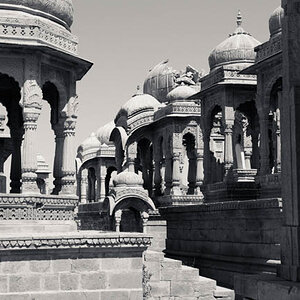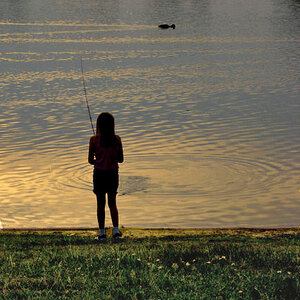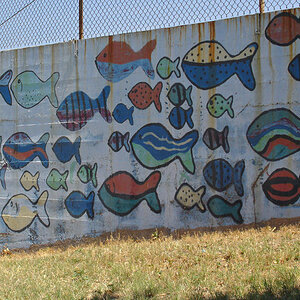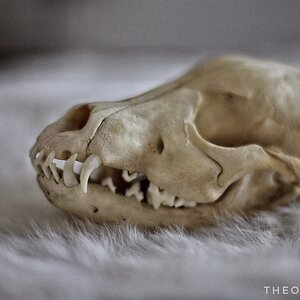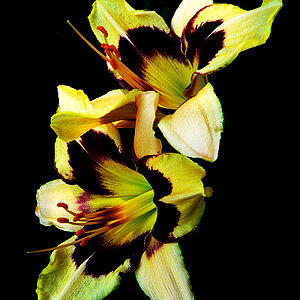ognistik
TPF Noob!
- Joined
- Apr 21, 2007
- Messages
- 119
- Reaction score
- 0
- Can others edit my Photos
- Photos OK to edit
What is the relation between photography and the photography we see in video? How do they work together and how do they differ other than in motion?
I know about photography, I own a dSLR and even though I don't do the most professional photography I do understand composition, aperture, depth of field, white balance, shutter speed, ISO, lighting, techniques achieved through these and a couple more stuff... now, I've never had a video camera in my hands (well... maybe once).
is it too hard to apply the knowledge I have about photography to video cameras? Like lighting and DOF has to be somehow related, please tell me what you think and if you know about any online resources that can help...
-----
reason for question: I opened my mouth in my Broadcasting class saying I knew some photography and now I am the photography director for a project... have no idea what Im going to do
I know about photography, I own a dSLR and even though I don't do the most professional photography I do understand composition, aperture, depth of field, white balance, shutter speed, ISO, lighting, techniques achieved through these and a couple more stuff... now, I've never had a video camera in my hands (well... maybe once).
is it too hard to apply the knowledge I have about photography to video cameras? Like lighting and DOF has to be somehow related, please tell me what you think and if you know about any online resources that can help...
-----
reason for question: I opened my mouth in my Broadcasting class saying I knew some photography and now I am the photography director for a project... have no idea what Im going to do


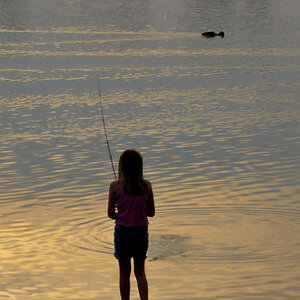
![[No title]](/data/xfmg/thumbnail/40/40310-01bec1b9b7918522bf21a09cf75c5266.jpg?1619739414)


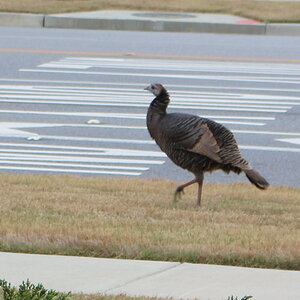
![[No title]](/data/xfmg/thumbnail/34/34148-864c8cb333c478b2dfb9e369908dc329.jpg?1619736320)
